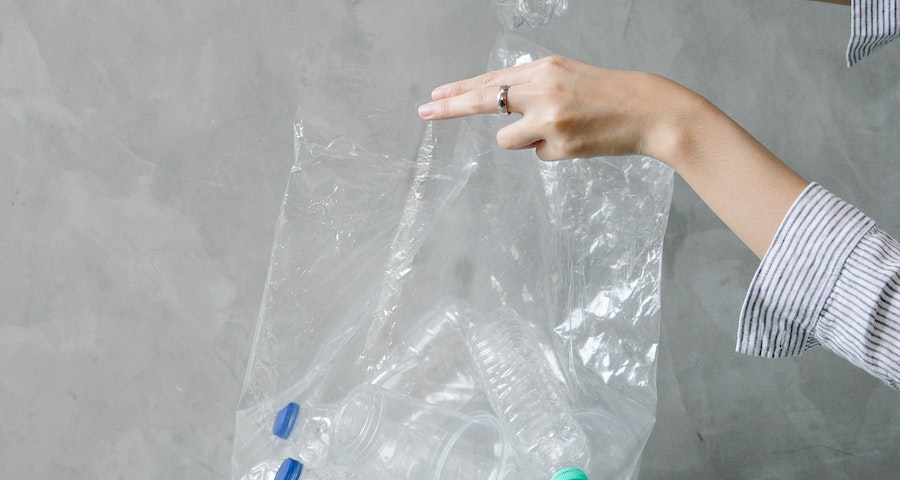
Hazardous waste materials are a common occurrence in many households. These materials are substances that can cause harm to people and the environment. To avoid any mishaps, it’s important to have a good understanding of what hazardous waste is and how to deal with it properly. This blog post aims to guide you on how to handle hazardous waste materials at home.
Contents
Identify hazardous waste materials
The first step in handling hazardous waste materials is by identifying them. These could include substances such as batteries, pesticides, cleaning chemicals, and old electronics. Check your local government’s regulations on what is considered hazardous waste materials for proper disposal. Also, be cognizant of newly purchased products and packaging materials, as they could also contain harmful chemicals that require proper disposal.
Proper storage
After identifying hazardous waste materials, ensure that they are stored in proper containers away from children and pets. Label the containers clearly to avoid confusion. The storage location should be safe, dry, and cool to prevent any ignition or chemical reactions that could harm you or other potential hazards in your home.
Know your disposal options
Once you have identified and stored hazardous waste materials, you need to dispose of them appropriately. Check with your local government for relevant collection programs. Some areas offer hazardous waste pickup, and others have special collection sites where you can drop off your materials. Another option is to search for commercial collection centers near you, as they may take certain hazardous waste products off your hands without charge.
Recycling
Some hazardous waste materials can be recycled. For example, electronics can be recycled, and batteries can be repurposed. Check with local recycling centers for their policies on hazardous materials recycling. Reusing these hazardous waste materials have a positive impact on the environment.
Hazardous waste disposal tips
As hazardous materials require proper care and attention, here are some additional tips to keep in mind:
Wear protective gear like gloves, goggles, and masks to prevent direct skin contact and inhalation of hazardous fumes.
Don’t store hazardous waste materials for too long, as they could corrode or degrade over time and cause adverse effects.
Never mix hazardous waste materials to avoid chemical reactions that could lead to explosions or fires.
Always follow disposal instructions on the product label.
Conclusion
To keep yourself, your household, and the environment safe, it’s imperative to learn how to handle hazardous waste materials. Follow the identification, storage, and disposal tips we have highlighted in this post to help reduce the risk of any mishaps. Remember to always stay informed on your local government regulations about hazardous materials to best manage the hazardous waste materials in your home.
